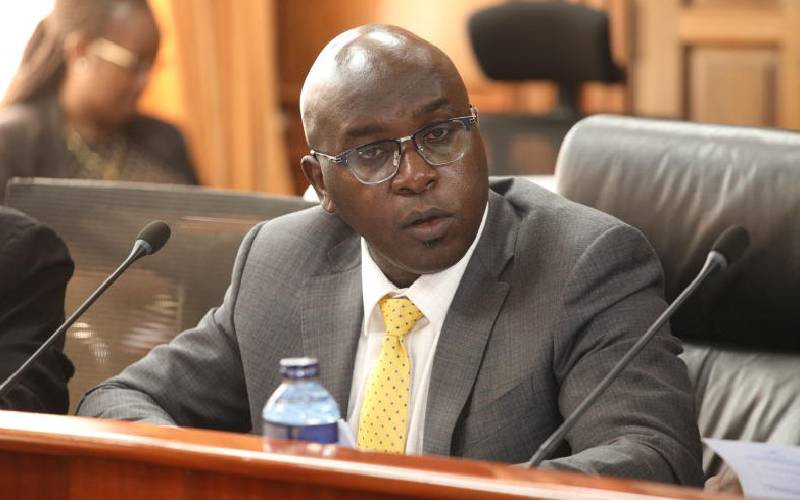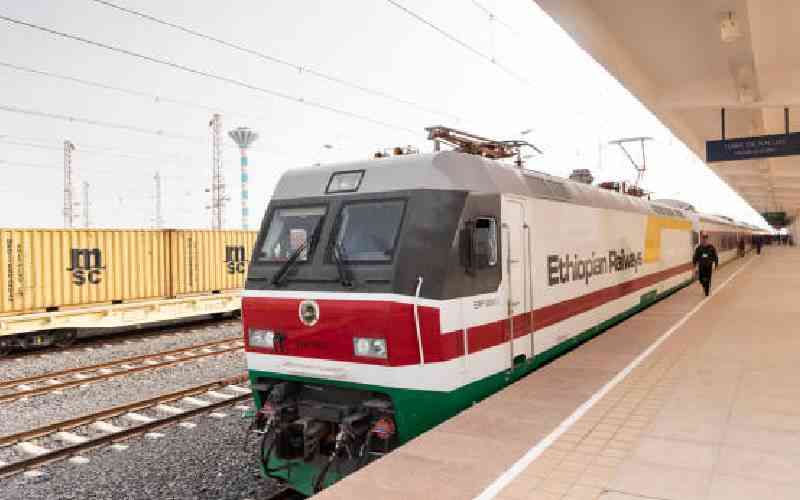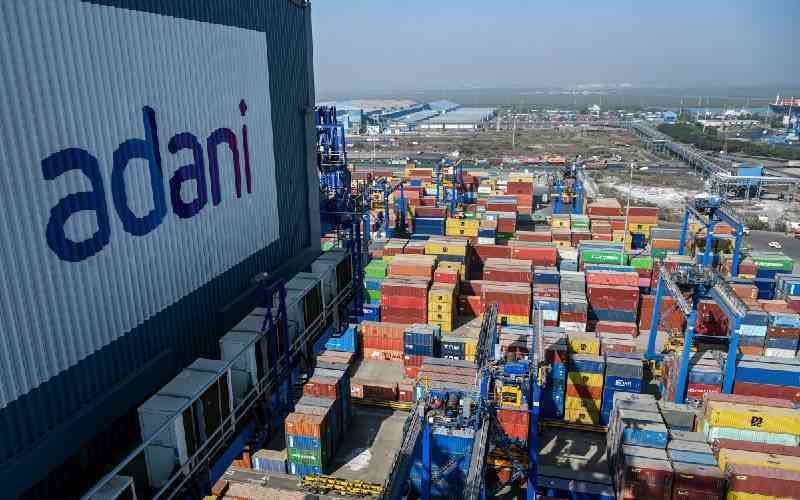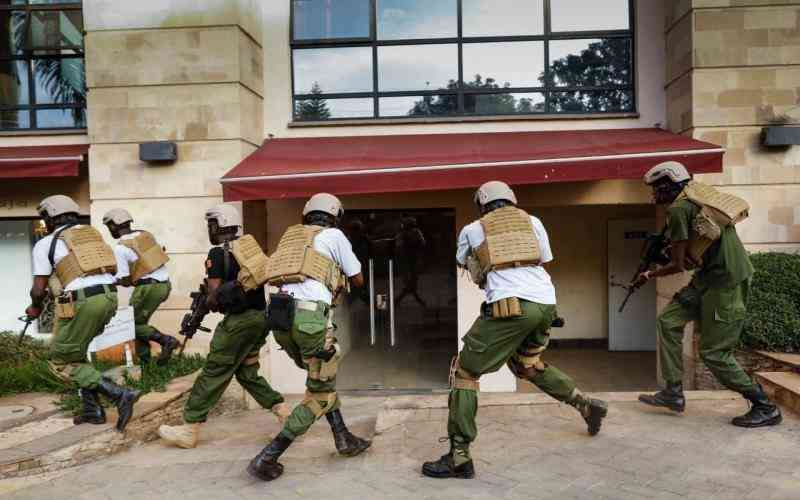A row is simmering between transporters and the national government following an order to transport all transit cargo by the Standard Gauge Railway (SGR) from Mombasa port to the Inland Container Depot (ICD) in Naivasha.
They have termed the order punitive to transporters and the economy of Coast whose logistics sector has been battered by the SGR freight service and effects of Covid-19.
Transporters have warned that up to 1,500 trucks that transport cargo to Uganda and other landlocked countries on a daily basis will grind to a halt, rendering thousands jobless.
Uganda, the main transit user at the port, has sided with the transporters arguing the orders by the Kenya government fly in the face of free trade and choice.
Yesterday, transporters and human rights activists asked government to make optional the transfer of cargo from the port of Mombasa to Naivasha.
The groups said if government forces the carriage of transit cargo to Naivasha by SGR like it did for ICD Embakasi in Nairobi, a fleet of 15,000 trucks will be rendered useless.
Ugandan minister of Works and Transport Katumba Wamala wants cargo owners to make an independent choice to use the Naivasha facility.
Mr Wamala has since written to his Kenyan counterpart James Macharia opposing Kenya’s decision to have all transit cargo clearance in Naivasha instead of Mombasa. While Uganda wants the use of the Naivasha depot to be optional, Macharia wants it given priority. He offered a 30-day free storage period among other incentives.
Transporters and human rights activists said although they were not opposed to SGR, it should compete alongside other modes of transport and not be used to “suffocate” competitors.
But the Kenya Ports Authority (KPA) yesterday defended the directive to use the Naivasha ICD saying it will ease pressure on the Nairobi facility.
KPA said there was a lot of cargo left for trucks as rail was transporting only 20 per cent of all port cargo to the hinterland.
But Okoa Mombasa chairman Khalef Khalifa said monopolistic carriage of transit cargo by rail would be opposed by Coast groups because it would deal a blow to the Coast economy.
Addressing a press conference outside the Mombasa Law Courts, Khalifa who is also chairman of the Muslims for Human Rights warned that Coast residents would not support the Building Bridges Initiative (BBI) if the government continued to strangle other modes of transport in favour of SGR.
“If the government does not address our grievances, then there will be no point of supporting the BBI. Those who will support the BBI without our interests being taken care of will be considered traitors,” he said.
A Kenya Railway Corporation official who spoke on condition of anonymity, however, said road transporters still have business taking cargo from Naivasha to Uganda and other countries.
Stay informed. Subscribe to our newsletter
He explained that transporting cargo by SGR to Naivasha will reduce the distance covered by trucks by more than 500km. “The road transporters compliment rail and it will take six to seven days to deliver cargo to Uganda and come back. They also have bulk cargo to transport,” he argued.
Shippers Council of East Africa CEO Gilbert Lang’at said road transporters have genuine concerns although SGR cannot be abandoned as an investment that consumed taxpayers’ billions.
Mr Lang’at said the Naivasha ICD will reduce the distance to transit countries by 1,200km compared to picking cargo from Mombasa.
But he said the government has not clarified whether there will be two bills of lading for the cargo- one for the port of Mombasa and the other for Naivasha ICD- and where empty containers whose delay cause a huge demurrage could be returned to.
“Since government started moving containers by rail to the Embakasi ICD in Nairobi about three years ago, trucks depended on last-mile connectivity business. The concerns of Mombasa groups are genuine because there will be lesser business with the opening of Naivasha depot,” Lang’at said.
He wondered whether the focus on Naivasha will make the government abandon the earlier plan of promoting the Taveta route to Burundi and Rwanda which is also shorter.
KPA Head of Corporate Affairs Bernard Osero said there was still 80 per cent of cargo at the port left for road transport as the rail was doing 20 per cent.
Kenya Transport Association CEO Dennis Ombok warned that road transporters will be idle if government succeeds in routing all the transit cargo to SGR.
Kenya Long Distance Drivers and Allied Union chairman Roman Muema said drivers will refuse to load cargo at Naivasha if government forces use of SGR.
 The Standard Group Plc is a
multi-media organization with investments in media platforms spanning newspaper
print operations, television, radio broadcasting, digital and online services. The
Standard Group is recognized as a leading multi-media house in Kenya with a key
influence in matters of national and international interest.
The Standard Group Plc is a
multi-media organization with investments in media platforms spanning newspaper
print operations, television, radio broadcasting, digital and online services. The
Standard Group is recognized as a leading multi-media house in Kenya with a key
influence in matters of national and international interest.
 The Standard Group Plc is a
multi-media organization with investments in media platforms spanning newspaper
print operations, television, radio broadcasting, digital and online services. The
Standard Group is recognized as a leading multi-media house in Kenya with a key
influence in matters of national and international interest.
The Standard Group Plc is a
multi-media organization with investments in media platforms spanning newspaper
print operations, television, radio broadcasting, digital and online services. The
Standard Group is recognized as a leading multi-media house in Kenya with a key
influence in matters of national and international interest.









